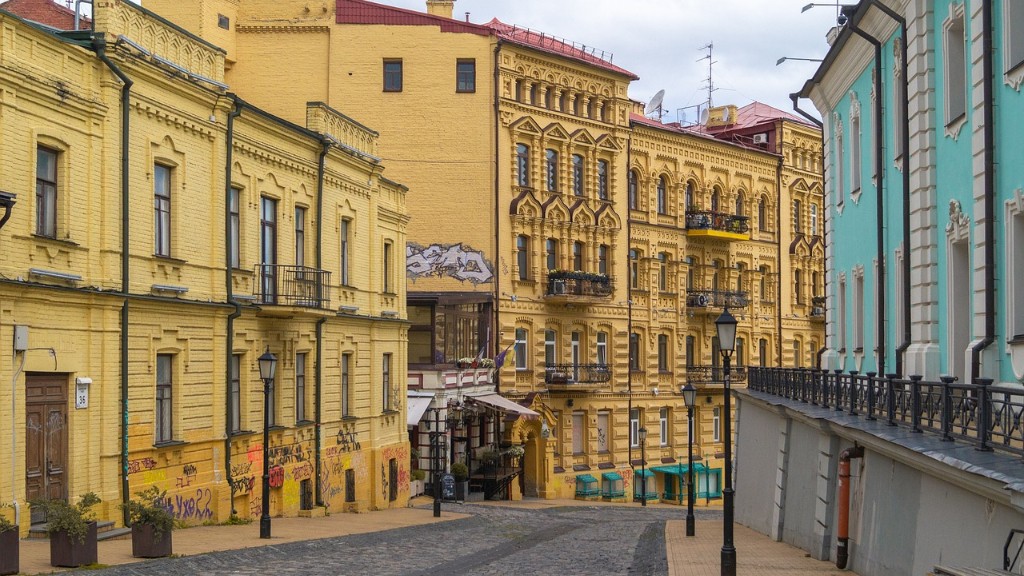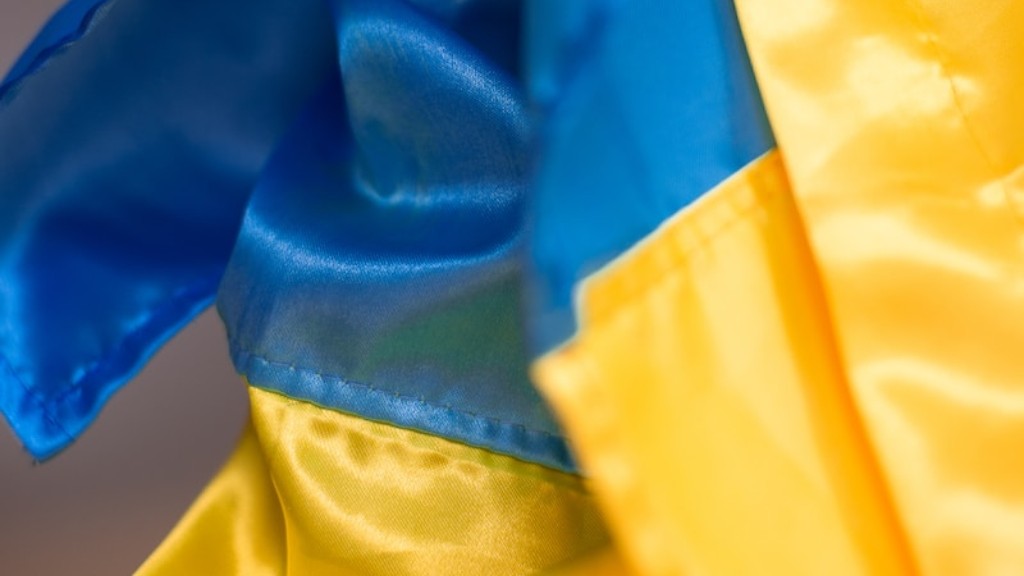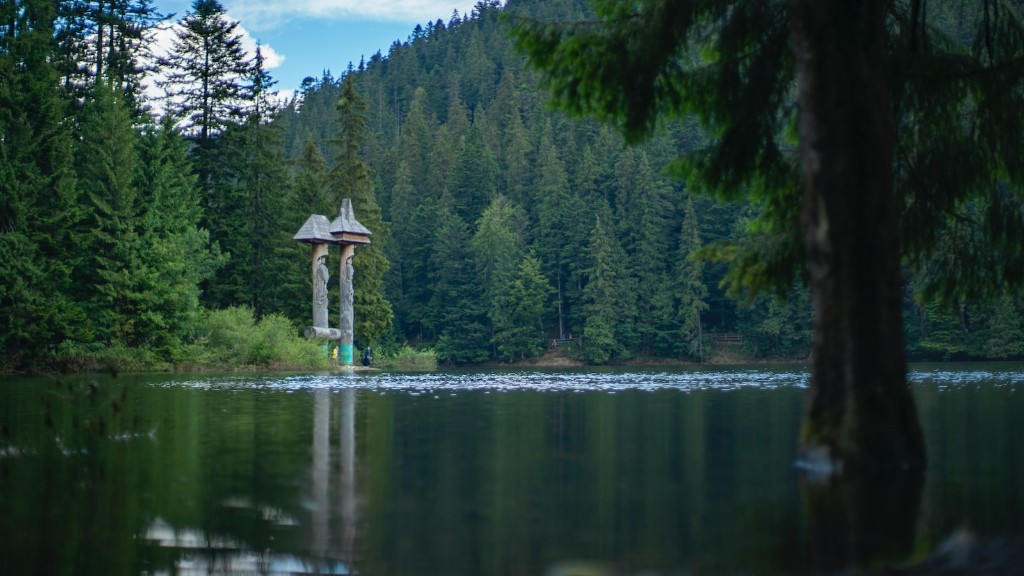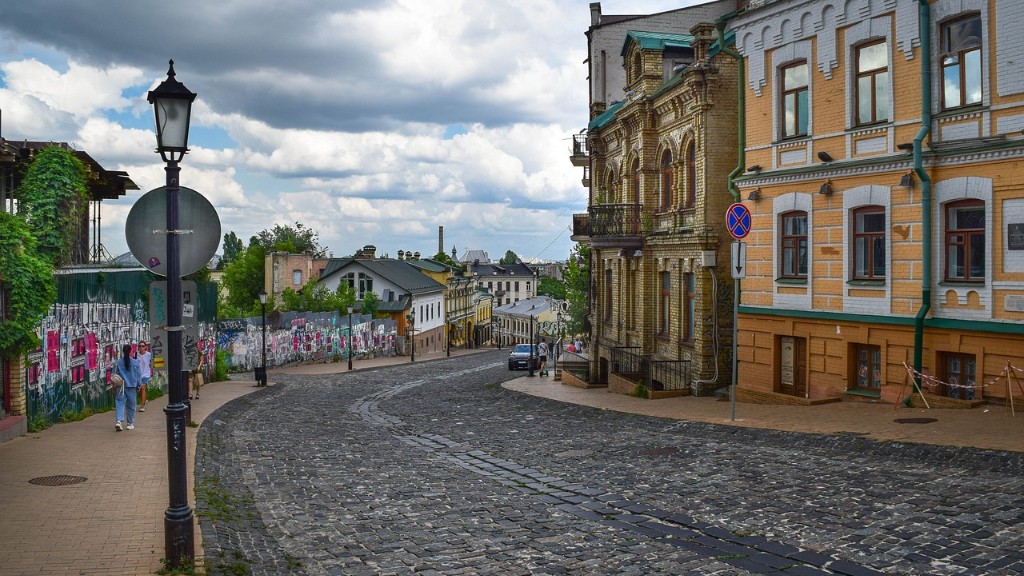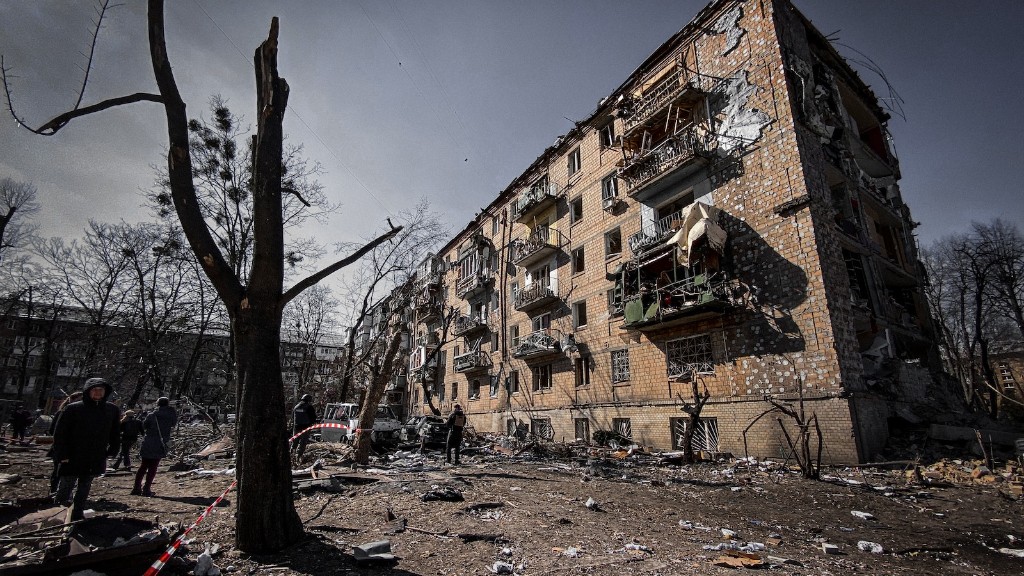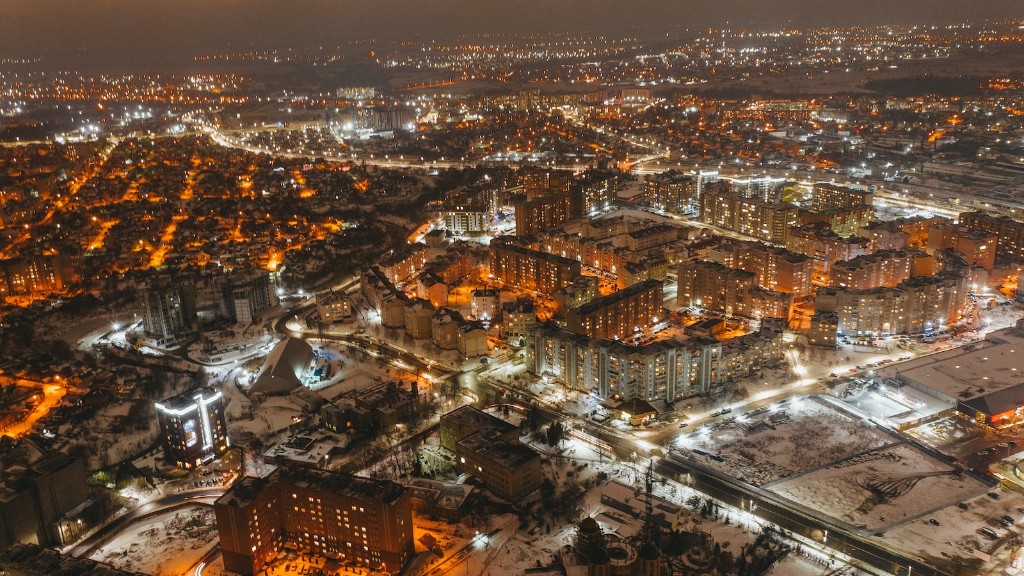Why do they call it the Ukraine?
When you hear the word ‘Ukraine’, you may think of a nation that borders Russia, a former Soviet Union country, and the river that runs through it. But why is it called the Ukraine? To answer this question, we need to take a look at the history of the country and how it got its name.
The Ukraine is a country located in Eastern Europe. It is located between Russia to the east, Belarus to the north, Poland and Slovakia to the west, and Romania and Moldova to the south. It is bordered by the Black Sea and the Sea of Azov.
The region of the Ukraine has been inhabited since the Paleolithic Age, and it is believed that the first people to inhabit the region were of Iranian or Slavic origin. Throughout its history, the country has been invaded, ruled and divided by various states and powers, including the Roman Empire, the Byzantine Empire, the Mongols, the Ottoman Empire, and the Russian Empire. In 1991, after the dissolution of the Soviet Union, the Ukraine regained its independence as the modern nation-state of the Ukraine.
So why is the Ukraine called the Ukraine? The name Ukraine is derived from the Old East Slavic word ‘ukrajina’, which means ‘borderland’. This was in reference to the state’s location as being situated on the edge of several other states, and the name has been in use since at least the 14th century. The name comes from the Ukrainian language, and is used throughout the world to refer to the country. In some other languages, the name is written as ‘The Ukraine’ as a way to distinguish the Ukrainian state from the geographical region which it occupies.
Today, the Ukraine is an independent nation. It has a population of around 44 million, and its capital is Kyiv. The official language is Ukrainian, but Russian is also widely spoken. The government is a semi-presidential republic, and the president is elected by popular vote. The country is divided into 24 oblasts (regions), and the economy is largely based on agriculture, industry, and services. The currency is the Ukrainian Hryvnia, and the main exports are steel, machinery, and foodstuffs.
The Ukraine is a beautiful country, full of history and culture, and it is an intriguing place to visit. From ancient archaeological sites to gorgeous landscapes, the Ukraine has a lot to offer, and it is worth visiting to discover its unique history and culture.
Culture of the Ukraine
The Ukraine is a diverse and multi-cultural country, and its culture is one of the oldest in Europe. The culture is heavily influenced by its Eastern European and Slavic roots, but also borrows elements from other cultures, such as the Byzantine Empire, the Ottoman Empire, and the Soviet Union. Art and architecture are also very important to the Ukrainian people, and there is a vibrant art scene in the country.
The Ukrainian language is the official language of the country, but Russian is also widely spoken. The Ukrainian language is an East Slavic language that is spoken in several countries, including the Ukraine, Russia, Belarus, Poland, Slovakia, and Romania. There are also several other minority languages spoken in the Ukraine, such as Romanian, Bulgarian, and Hungarian.
Music is very important in the culture of Ukraine. Traditional Ukrainian music is often based on folk tunes, and includes singing, dancing, and instrumentation. The country also has its own form of classical music, and there is a great deal of modern music produced in the news, folk and rock genres.
The Ukraine also has a strong literary tradition, and there are many famous writers, poets, and playwrights who have emerged from the country. Additionally, the country has its own theatre tradition, and there are many notable theatres and opera houses in the major cities.
Economy of the Ukraine
The economy of the Ukraine is one of the largest in Eastern Europe. The country has a GDP of $ 35 billion, and it is largely based on the industrial sector, which is comprised of steel, machinery, and chemicals. The agricultural sector is also important, and the country is a major producer of grain, sugar, and meat. The services sector is also growing, and it includes tourism, banking, and IT.
Since gaining independence in 1991, the Ukraine has been making strides in economic reform. It has implemented market reforms such as privatization, liberalized trade, and deregulation. The country is also making efforts to join the European Union, and it has established closer ties with other countries in the region.
The Ukrainian economy is also closely linked to Russia, and there are several trade agreements between the two countries. This has been beneficial for both countries, as it has allowed them to take advantage of each other’s natural resources and labor markets. However, there have been some tensions between the two nations, and the relationship has been strained at times.
The currency of the Ukraine is the Ukrainian Hryvnia, and it is traded on the Ukrainian stock exchange. The exchange is a fairly small, illiquid market, but it is slowly growing. It is not as closely linked to other financial markets, but there are several international investments being made in the Ukraine.
Politics of the Ukraine
The Ukraine has a semi-presidential republic, and the president is elected by popular vote. The President serves as head of state, and has a five-year term. There is also a Prime Minister, who is appointed by the President and is responsible for determining policy. The Parliament is composed of two chambers, the Verkhovna Rada and the Supreme Council.
The Ukraine is a member of the United Nations and the Council of Europe, and it also maintains good diplomatic relations with other countries in the region, including Russia, Belarus, Poland, Slovakia, and Romania. It is active in several international organizations, such as the European Union, the IMF, and the World Bank.
The Ukrainian government has been working to promote economic and political reform, and the country is making progress in this area. It is making efforts to adopt free-market policies, reduce corruption, and increase transparency. Additionally, the government is striving to improve its relations with other countries, and it is actively seeking foreign investment.
Geography of the Ukraine
The Ukraine is a large country, with a total land area of 603,700 square kilometers. It is largely covered by steppe, with the Dnieper and Don rivers running through it. The capital of the Ukraine is Kyiv, and it is located in the heart of the country. Other major cities include Dnipropetrovsk, Kharkiv, and Lviv.
The Ukraine has several mountain ranges, including the Carpathian Mountains and the Crimean Mountains. It also has several rivers, such as the Dnieper, the Don, and the Boh. The climate of the Ukraine is temperate continental, with hot summers and cold winters. The average temperature is 14°C in July and -3°C in January.
The Ukraine is home to many natural wonders, such as the Black Sea, the Azov Sea, and the Crimean coast. It is also known for its picturesque mountains and stunning natural landscapes. Additionally, the country has several national parks and reserves, such as the Chernobyl Exclusion Zone and the Carpathian Biosphere Reserve.
Conclusion
The Ukraine is a beautiful and fascinating country, with a long and varied history. It is the birthplace of many great writers, artists, and musicians, and it is full of unique cultural and historical sites. The country has experienced a great deal of political and economic turbulence in recent years, but it is slowly making progress. The Ukraine is a country with a lot to offer, and it is worth visiting to discover the culture, history, and beauty that it has to offer.
